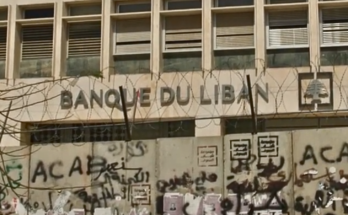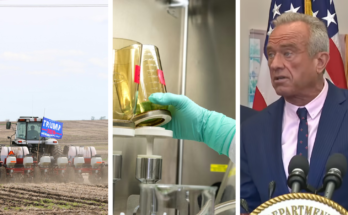Without money to plant, Lebanon’s farmers were already in deep trouble before last week’s explosion. Far from being the solution to the country’s food shortages, the agricultural sector that is a lifeline to many Syrian refugees now risks falling into full-blown crisis.
The 4 August blast, which appears to have been caused by a large quantity of ammonium nitrate that had been stored at the port for years, killed more than 200 people and injured thousands more.
But it also destroyed 15,000 metric tonnes of wheat as well as Lebanon’s main grain silos, meaning ships bringing in the estimated 65 to 80 percent of the country’s food that comes from abroad may – at least for a while – have to dock at other ports, like the northern city of Tripoli. This will likely contribute to already rising prices.



